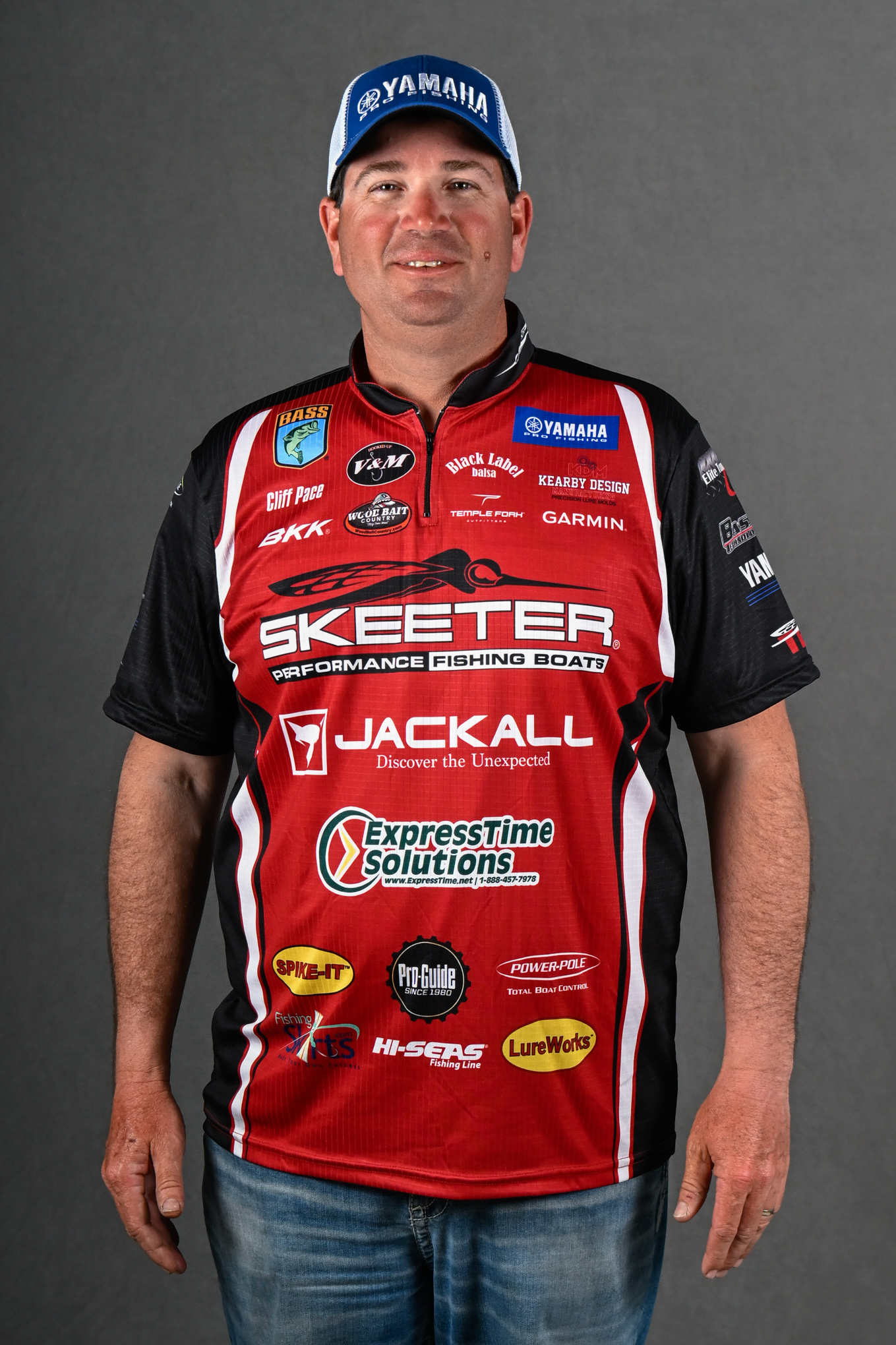I know the last thing fishing fans want to hear is a lot of stuff about a pro's sponsors, but I hope you'll bear with me on this for two reasons. First, it's important to me and the companies that have supported me in my career. Second, I promise to do my best to give you a different perspective on the professional angler-sponsor relationship — one that might help you if you want to be in this business or even if you just want to see it from a different perspective.
I've been very lucky over the course of my career to have developed some strong relationships with some great companies that have helped make professional fishing a reality for me. Bayou Outdoors, Costa del Mar, Elite Tungsten, FishingSkirts.com, Hi-Seas, Hydrowave, Jackall, Odyssey Batteries, Shimano and Skeeter-Yamaha have all been with me for a long time, and I hope to be with them for many years to come.
The sponsorship connection begins as a business relationship, but unless it develops into something more you'll never have the security and connection you want and need as a professional angler. In the early days of my career, I thought if I could catch bass, I could catch sponsors, too. And it was true to a point.
It's difficult to develop relationships with sponsors in this business unless you have some tournament success, but it takes a whole lot more than tournament success to keep a sponsor. Ultimately, it's not what they can do for you, but whether or not you can help them sell their products that matters in this business. That's the real bottom line, and it's the only thing that matters.
Companies that sponsor tournament anglers are not in the business of paying entry fees and supporting some pro's fishing habit. They exist to sell products or services, to pay their employees and shareholders and to make a profit. If you can help them in that effort, you can usually get a sponsorship deal. If you can't, they can easily find someone else — either in the fishing industry or elsewhere.
When I'm considering a new sponsor, my first issue is their product or service. If I don't believe in what they make or do, I'm not interested in working with them. No matter how much they might pay, I know the relationship won't work for either of us without that foundation.
If I'm a believer, it's going to make our relationship strong and well grounded. I won't have to make up opportunities to support them because I'm already using their stuff. I won't have to struggle to learn their products because I'm already intimately familiar with them. Fans and media can tell when you believe and when you've just memorized a brochure.
Fans and media can also tell when an angler is talking about his sponsors because he has to rather than because he thinks the audience can benefit from it. I cherish the relationship I have with my sponsors and value what they do for me, but you won't catch me talking about this or that product up on the weigh-in stage when I've had a bad day and all I'm doing is making some paid commercial announcement.
You know what I'm talking about. We've all seen the guy on stage who caught a couple of small fish, missed the cut but still takes two minutes to tell you he couldn't have done it without some energy drink or keyless entry system for his truck.
People see through that, and it doesn't help anyone. It doesn't help the sponsor, and it makes the angler lose credibility. I have a hard time believing that sponsors even want that kind of endorsement.
Ultimately, your sponsor is like your employer. They must be treated with respect, you need to look for opportunities to help them, and it's all about what you can do for them — not the other way around.
If you get it right and find the right companies to work with, you can develop the relationships you need and get the loyalty that's so important and rare in this business. That's when you get design input on products, and that's when you feel like you're part of a team and not just an expense item on their bottom line that could be cut at any time.
Cliff's Note:
There's a big difference between fishing for a living and being a professional fisherman.

